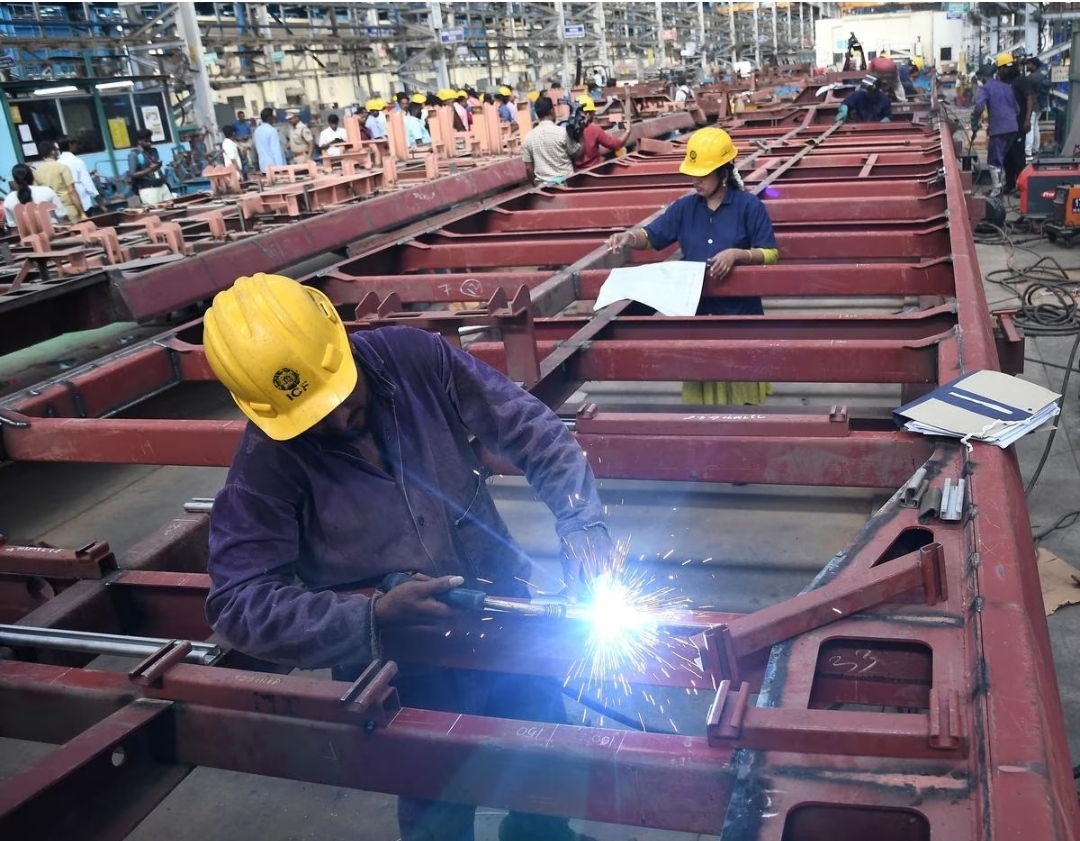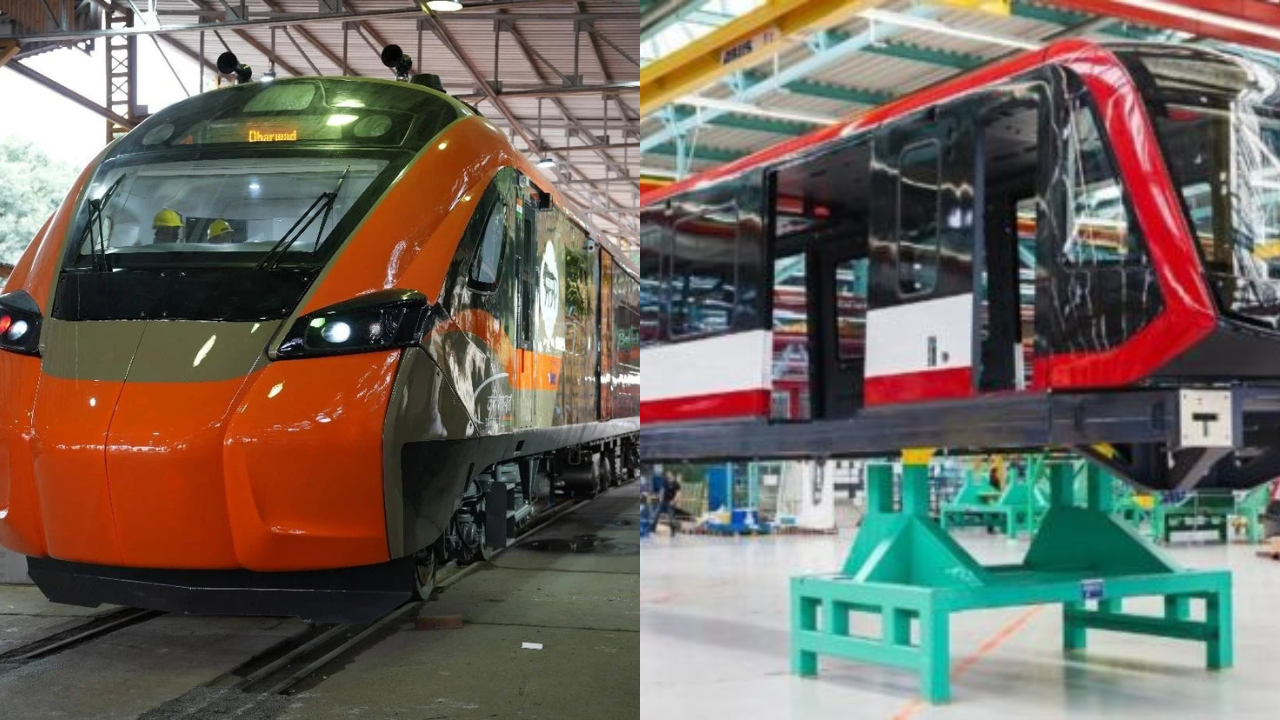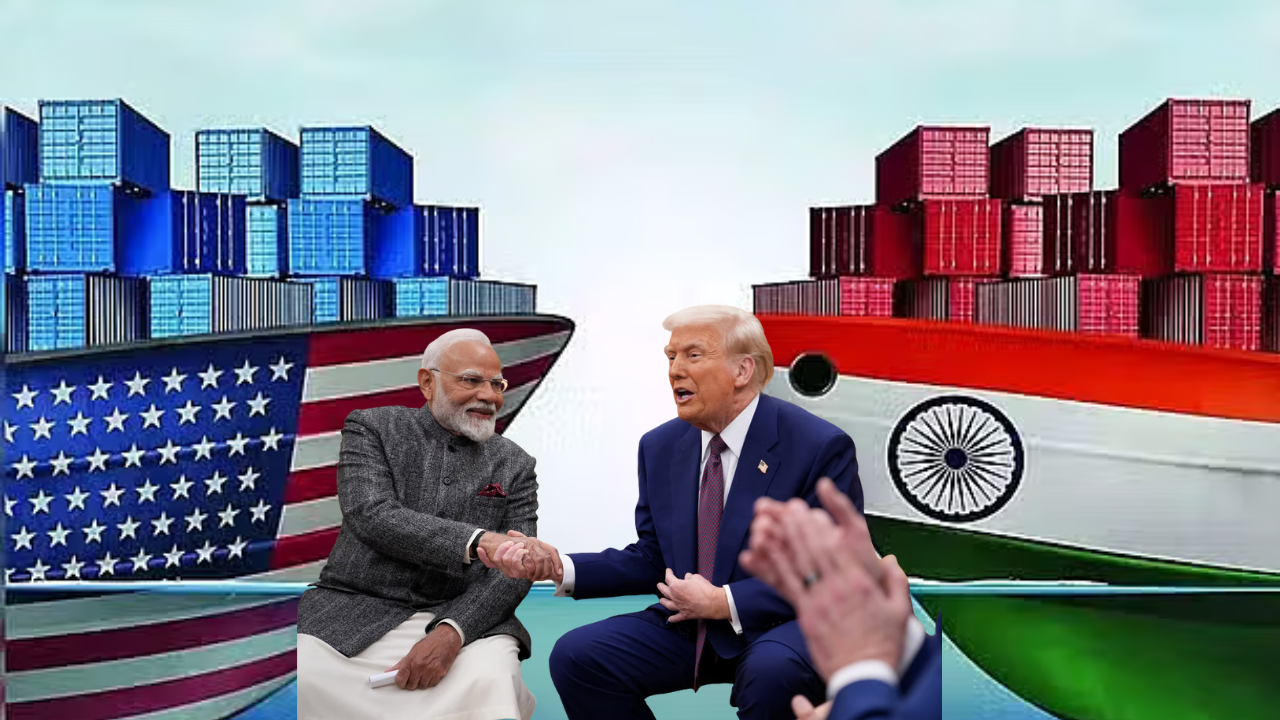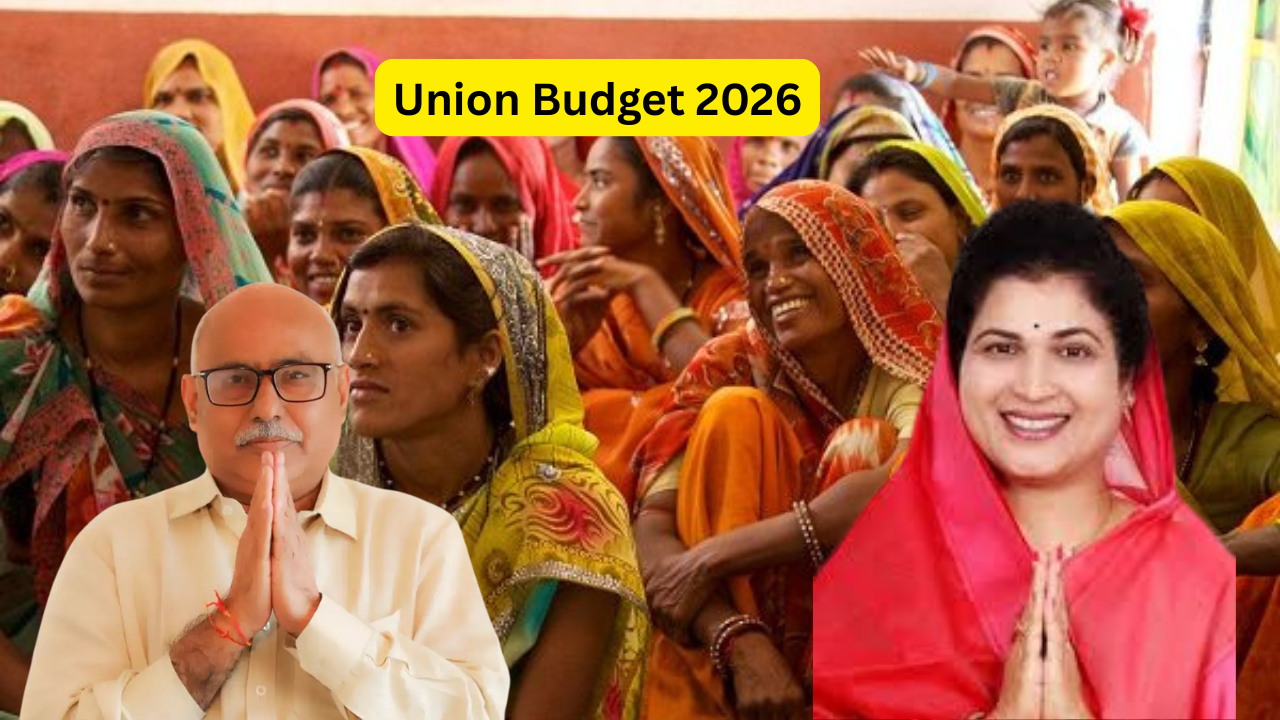India’s dominant services industry expanded at its slowest pace in seven months in October while a slight tapering in demand led to sluggish job creation, but underlying activity remained solid and exports continued to rise healthily, a survey showed on Friday.
India’s dominant services industry expanded at its slowest pace in seven months in October while a slight tapering in demand led to sluggish job creation, but underlying activity remained solid and exports continued to rise healthily, a survey showed on Friday.
Taken together with a cooling in the manufacturing sector last month, the result may still pose a challenge for India’s economic growth outlook which a recent Reuters poll pegged at 6.3% this fiscal year, the fastest among major countries.
The S&P Global India Services Purchasing Managers’ Index fell to 58.4 last month from September’s 61.0 and lower than the Reuters poll expectation of 60.5.
Still, the reading was above the 50-mark separating growth from contraction for a 27th consecutive month.
“The Indian service economy continued to register impressive growth, despite the increases in business activity and new work intakes softening from September’s over 13-year highs,” said Pollyanna De Lima, economics associate director at S&P Global. “Exports were a particularly dynamic sector in October, with new business gains from Asia, Europe and the United States driving growth to its second highest level in nine years.”
While new business – a key indicator of demand – grew at the slowest pace in five months, exports accelerated after slowing last month from August’s record.
The survey noted “fierce competition and weak demand for some services”, which appeared to cloud the company’s outlook for the next 12 months, with the Future Activity sub-index falling down to 63.5 after the highest level in more than 9 years. September. Job creation falls to three-month low.
However, this did not stop businesses from passing on rising input costs to customers, with input prices and invoice prices rising faster than last month due to inflation in food, fuel and personnel costs.
De Lima added: “While survey respondents passed these additional costs on to customers, thanks to strong demand, tax increases are likely responsible for the slowdown in sales growth. Sales slow down. “In addition, rising inflation expectations in October weakened business confidence.”
This could pose a risk of rising retail inflation in the South Asian country, which fell to a three-month low of 5.02% in September.
With manufacturing activity expanding at its slowest pace in eight months and services growth also slowing, the overall composite PMI index fell to 58.4 in October from 61.0.
For more information visit at https://happenrecently.com/zepto/?amp=1















